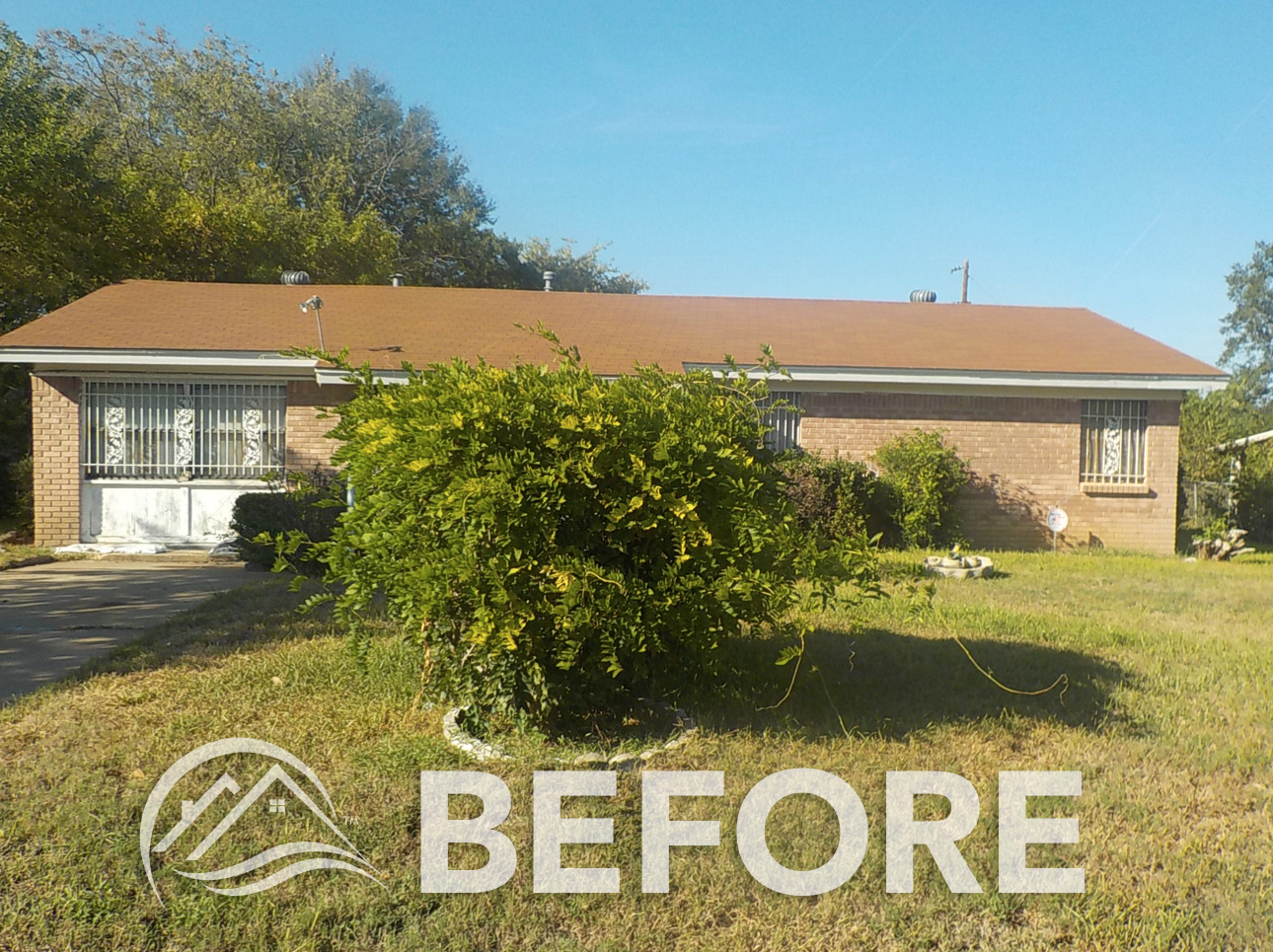 If you’ve been in the throes of financial thought for any amount of time, you’ve more than likely come across the FIRE movement. If you aren’t familiar, FIRE is an acronym that stands for Financial Independence, Retire Early.
If you’ve been in the throes of financial thought for any amount of time, you’ve more than likely come across the FIRE movement. If you aren’t familiar, FIRE is an acronym that stands for Financial Independence, Retire Early.
This is a school of thought, a method, a movement, that heavily emphasizes maximizing savings. Some proponents of FIRE say that through frugal living and smart investments, you should be able to flip your retirement age from your 60s to your 30s.
Doesn’t that sound like a dream to be financially independent enough to live your life by your own terms at that age?
Everything about FIRE sounds great on paper. That’s why we have to break it down, as real estate investors and as people who help others plan for their financial futures, to uncover the reality of what the FIRE method is and what is isn’t.
Here are 3 things you need to know about the FIRE method before you jump on the bandwagon.
3 Overlooked Realities About the FIRE Movement
FIRE doesn’t have a traditional definition of retirement.
When we talk about retiring at 30, that prospect can sound either liberating or somewhat unbelievable. What we have to keep in mind is that retirement, in the FIRE movement, does not always carry with it the connotation of not working. Oftentimes, retirement in this context means that you are doing what you want to do, versus what you must do. If you are working, it is because it is what you desire, not because you must do it to support your livelihood.
This strategy of early retirement, in other words, opens you up to do what you are passionate about.
However, some would argue that if you are working in any capacity, you are not truly doing the FIRE method because you haven’t retired—you’re only financially independent. This is where it can get tricky and a bit contentious. And this, naturally, is why investing and investing with great intention is so important in the FIRE movement. You must have passive income and a robust buy-and-hold portfolio to support a lengthy retirement. We're looking at a 40, 50, or 60-year retirement. When an average retirement demands upwards of $1 million, what would a FIRE retirement demand of us?
What we also must recognize is that FIRE is not obtainable to everyone. While some proponents of the method act like it is, it often ignores the reality of debts and outside economic circumstances that prevent families from saving more and spending as little as FIRE can demand.
In short, the FIRE method can be an exclusive club, and that’s something that must be acknowledged. Just as minimalism is a privilege, so oftentimes is FIRE.
Most FIRE Advocates are Financially Lean, Not Fat
There are two real tracks that FIRE can go down. “Lean” or “fat.” You will see most advocates taking a “lean” approach—that is, the minimalist path that emphasizing living frugally and cutting spending wherever possible. These are the people who ditch cars for bikes, bookstores for libraries, and buy in bulk and discount. They coupon, downsize and truly cut expenses down as much as possible in order to maximize savings so that they can tuck upwards of 50 percent of their income away.
The other approach is “fat” FIRE—maximizing savings and investments. This involves side hustles, earning more income passively, investing, and growing their bottom line rather than cutting down on everything in order to save. They make more in order to save more. However, the former minimalists are more commonplace.
FIRE Demands Extreme Sacrifice
As you may have gathered, successful FIRE practitioners sacrifice to the extreme. It takes savings to the extreme and frugal living to the extreme. This way of living isn’t for everyone, but that isn’t to say that the habits within FIRE can’t be utilized for the good of all those looking to be more financially savvy.
For example, some of the key principles found within the FIRE lifestyle involve reducing one’s housing costs, grocery bills, and eliminating debts. It’s about developing a financial strategy for your life and having goals in mind and planning on how to reach those goals. These are things we all can get on board with, even if going full-frugal isn’t in the cards.
So What Can Passive Investors Learn from the FIRE Movement?
Ultimately, the FIRE movement and passive real estate investors run more parallel than in time with one another. You can be on board with this movement and a passive real estate investment strategy can be part of a FIRE lifestyle—but understand that investing in real estate looks for results in the long-term, not to a quick retirement.
However, building a passive investment portfolio as early as possible can help you generate much-needed passive income and build lasting net worth that the FIRE method would encourage you to achieve. However, this is secondary, we believe, to the real value in the FIRE lifestyle. Behind being financially independent and retiring early are some key principles passive investors can take to heart to improve their investing careers.
- Diligence
- Discipline
FIRE is all about diligence. One must examine what they really want out of their finances and chart a course to get there. There is beautiful intentionality in the FIRE method that, even if it isn’t realistic in all situations, is admirable. You can apply that diligence to anything. Ask yourself what you want from your finances and where you want to be and go after it.
Second is discipline. If there’s anything to FIRE, it is this. Staying the course even when it is challenging. It is about choosing financial battles and keeping one’s eyes on the prize. As real estate investors, we must have the diligence to plan the future and the discipline to see it through the end.
Even if you don't pursue the extreme frugality of the FIRE lifestyle, what you can do as a passive real estate investor is pursue the diligence and discipline that scales portfolios and builds long-term wealth.
Learn how you can make your dream retirement a reality with Memphis Invest.












